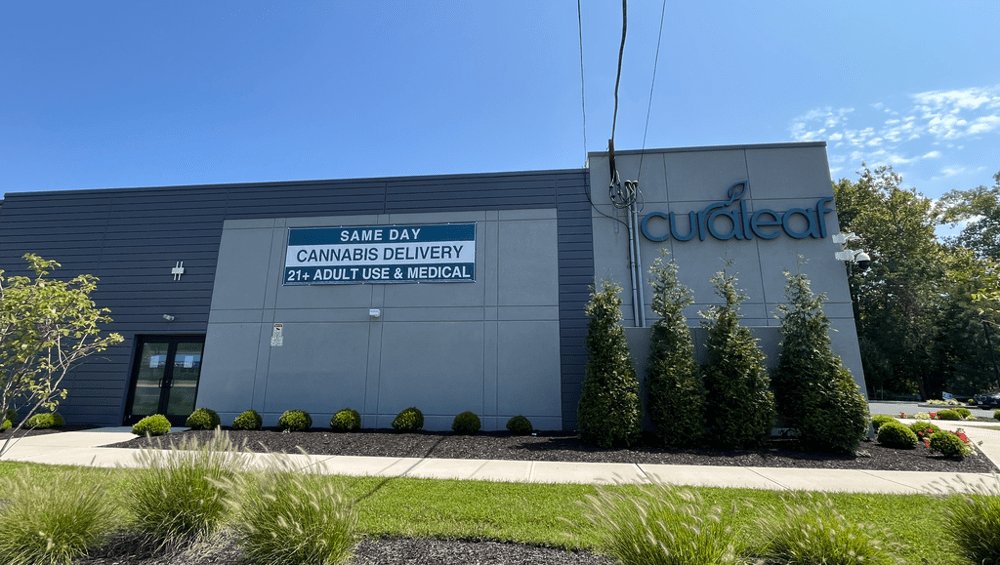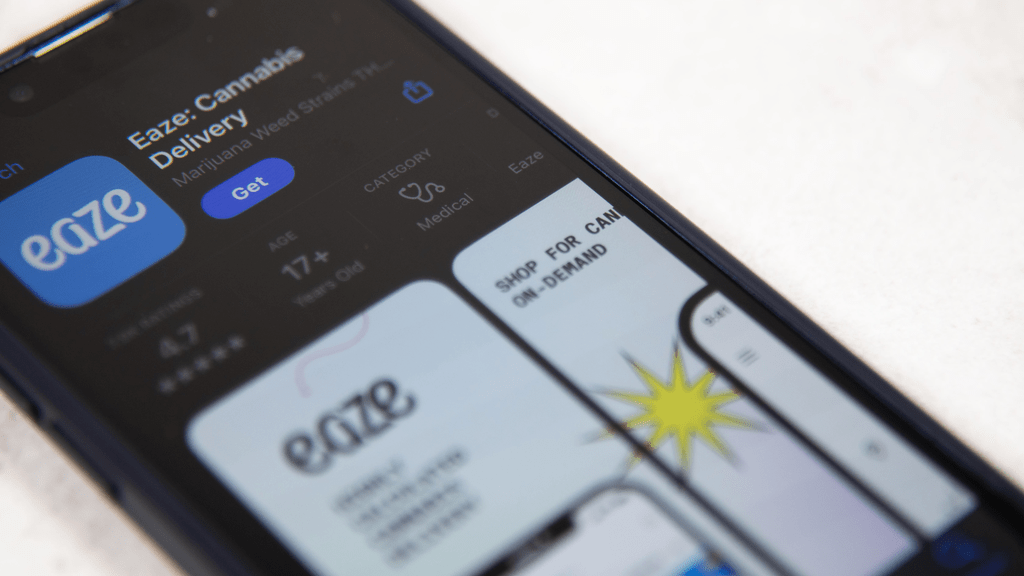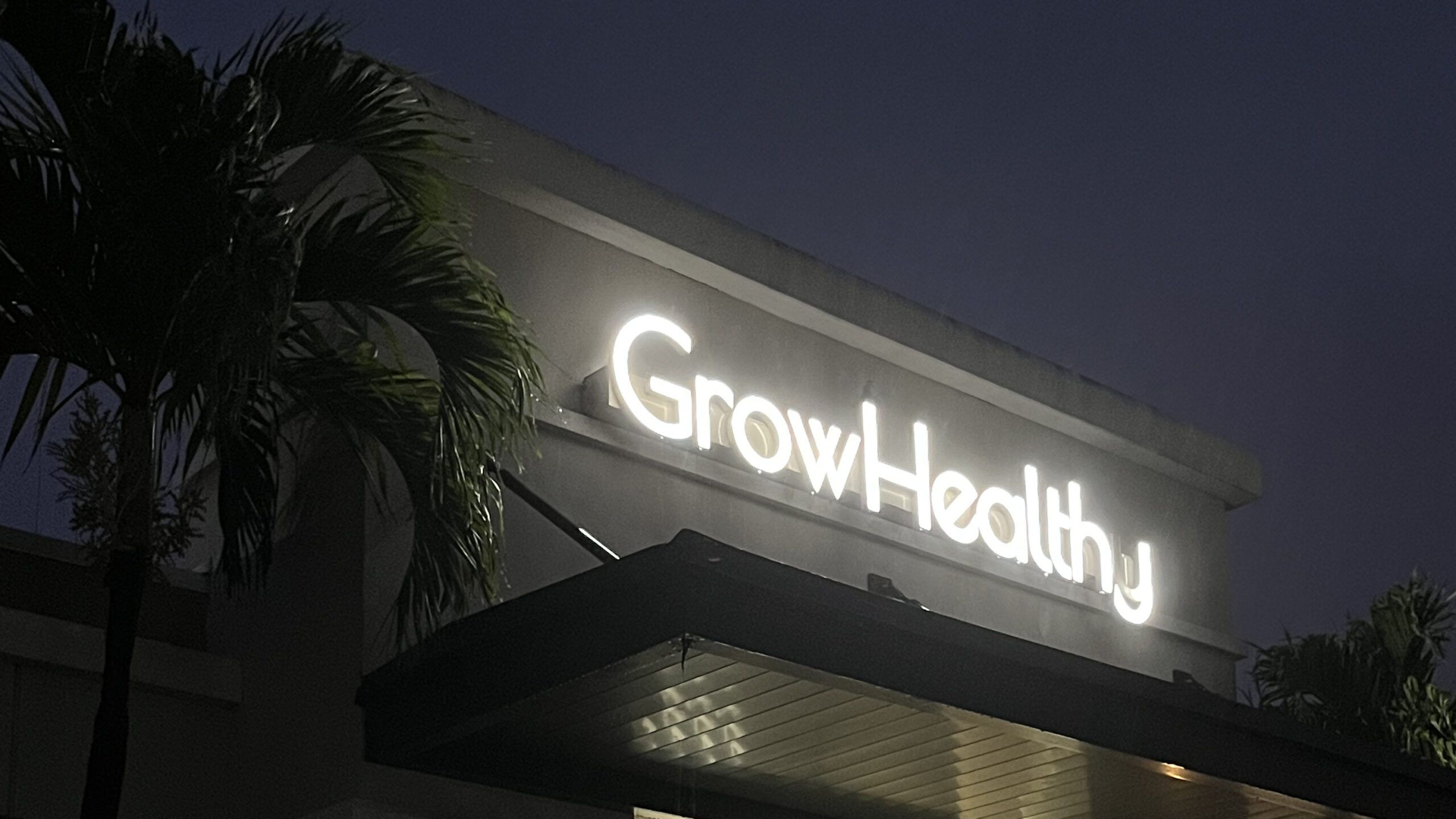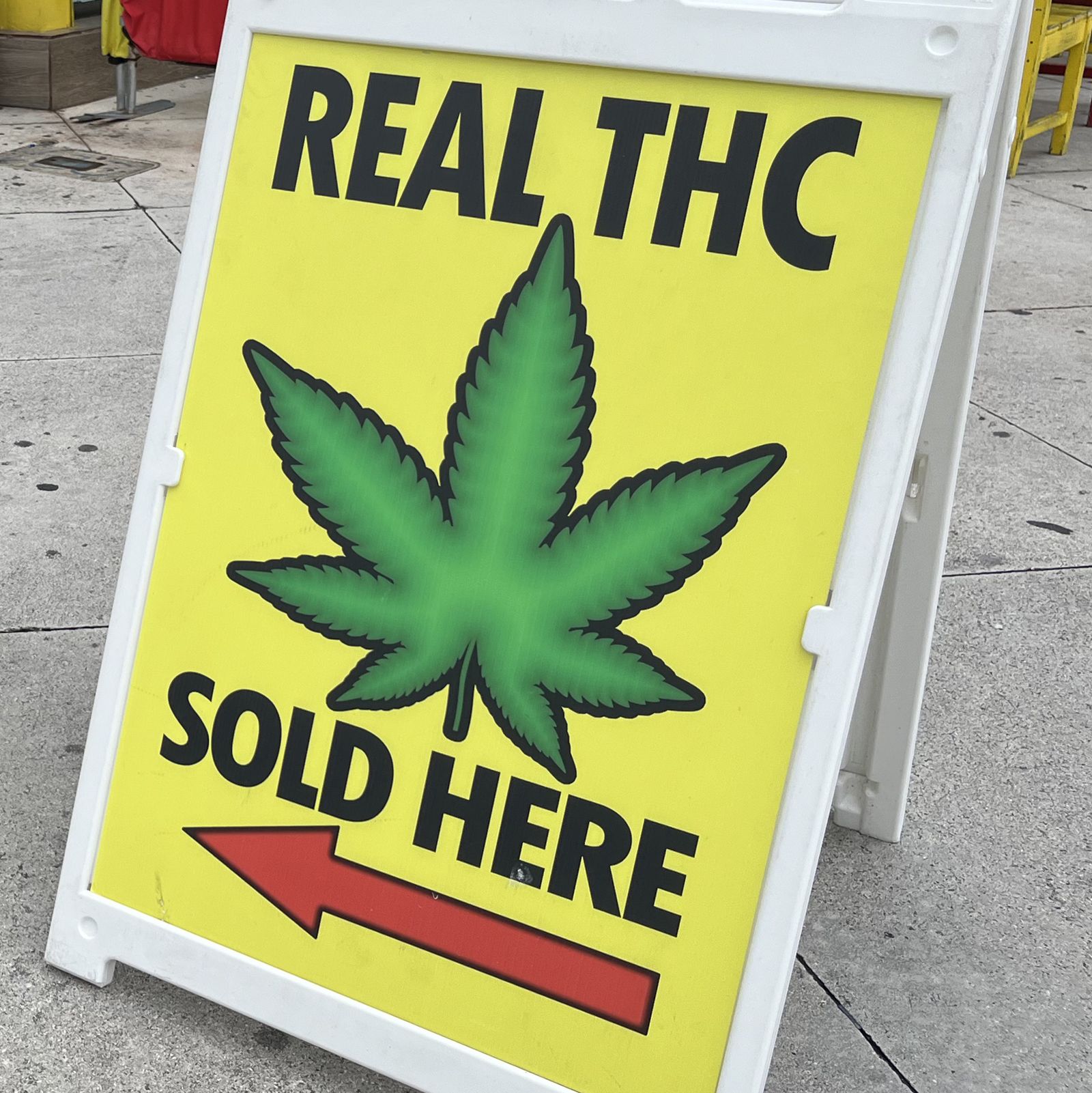-
Track Your Marijuana Delivery: Convenience at Your Fingertips
Read more: Track Your Marijuana Delivery: Convenience at Your FingertipsThe convenience of cannabis delivery has transformed the industry, making it easier than ever to access medical and recreational products. As more states legalize cannabis,…
-

Will Cannabis Delivery Tracking Ever Be Mandatory Coast to Coast?
As cannabis delivery services expand across the United States, the question arises: will marijuana delivery tracking become a mandatory requirement…
-

From Core Retail to Cannabis: What Uber Eats & Amazon Teach Us About Tracking
1. Uber’s Pilot in Cannabis Delivery Uber’s entry into cannabis isn’t hypothetical anymore—it’s happening. Back in 2021, Uber launched pilots…
-

Consumer Delivery Tracking in Cannabis Logistics: Security Risks and Mitigation
The rise of consumer delivery tracking has revolutionized logistics—but it also introduces novel security risks. In cannabis logistics, the combination…

